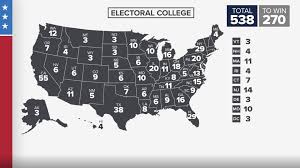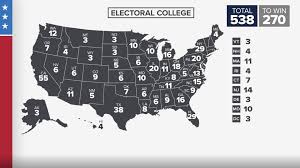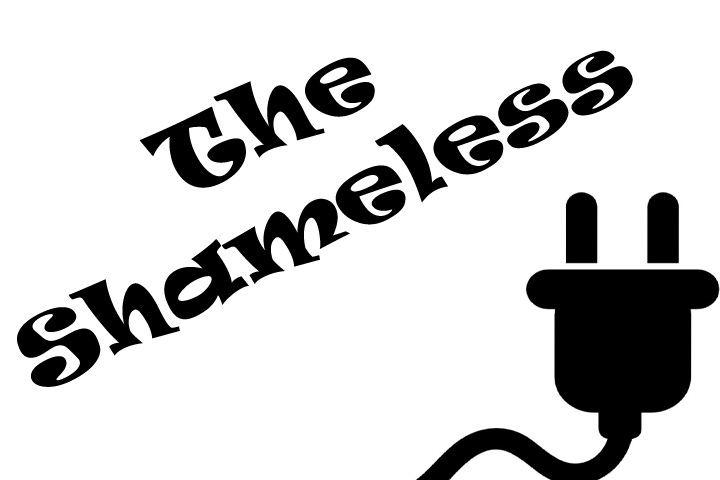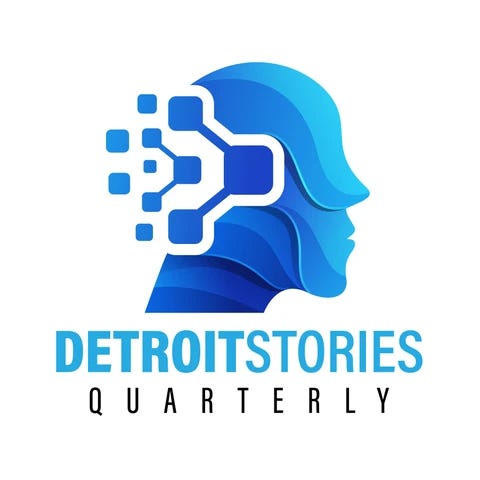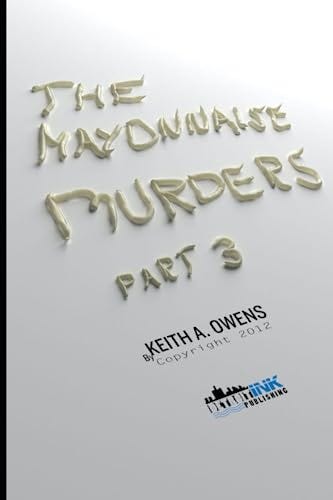The Impact and Influence of Third Parties in American Politics
The danger of voting for 3rd party candidates in the 2016 and 2024 elections
The presidential election is won or lost by the Electoral College votes.
OOPS! Here is the corrected article…
Issue #355: OpEd July 3, 2023
As of the summer of 2023, before the 2024 presidential election cycle starts in earnest next year, there have been media reports that many people are not really happy about the two most likely candidates: Joe Biden (D) and Donald Trump (R).
Some people may be so unhappy that, as too many did in 2016, they plan to not vote at all, vote their "conscience," or vote for a 3rd party candidate.
Those choices are what got us to where we are, especially with the Supreme Court.
In my opinion, no party is perfect for everybody, but by now we know what we get with another Biden administration and what we get with another Trump administration.
A 3rd party candidate, no matter who it is, will not win the presidential election, but could, as happened in 2016, throw the Electoral College to Donald Trump.
The History of Third Parties
The year 1832 was when the first third party, the Anti-Masonic Party, was formed. The party was established in response to concerns about the Freemasons' secretive nature, which many felt was contrary to democratic principles. Although the Anti-Masonic Party never won a presidential election, its formation marked the beginning of a long history of third parties voicing concerns not adequately addressed by the two major parties.
Top Ten Most Influential Third Parties in U.S. History
1. Progressive Party (1912): Also known as the Bull Moose Party, it was formed by former President Theodore Roosevelt after a split in the Republican Party. Roosevelt's run for presidency under this party resulted in one of the most successful third-party bids in history.
2. American Independent Party (1968): This party was formed by George Wallace, a segregationist governor from Alabama. His presidential bid won five states and 46 electoral votes, a significant achievement for a third party.
3. Populist Party (1892): Advocating for labor rights and regulation of big businesses, the Populist Party played a significant role in shaping American political thought of that era. Their platform had a lasting impact on both major political parties.
4. Libertarian Party (1971-present): Known for its emphasis on limited government and individual freedoms, the Libertarian Party has been a consistent presence in politics since its inception. In 2016, candidate Gary Johnson received over 3% of the popular vote.
5. Reform Party (1995): Formed by Ross Perot after his 1992 independent bid for the presidency, the Reform Party focused on fiscal responsibility and government reform. Perot's campaigns captured a significant portion of the popular vote.
6. Green Party (2001-present): Advocating for environmentalism and social justice, the Green Party has been influential in bringing attention to climate change and sustainability issues. In 2000, candidate Ralph Nader received nearly 3% of the popular vote.
7. Socialist Party of America (1901-1972): At its height during the early 20th century, the Socialist Party had numerous elected officials across the country. Their advocacy for social and economic reforms influenced New Deal policies.
8. Free Soil Party (1848-1854): This anti-slavery party played a crucial role in the years leading up to the Civil War. Their influence helped set the stage for the formation of the Republican Party.
9. Anti-Masonic Party (1828-1838): The first third party in U.S. history, the Anti-Masonic Party raised concerns about secret societies and their influence on politics.
10. Constitution Party (1992-present): Advocating for a strict interpretation of the Constitution, this party has been a persistent voice for conservative principles. They've had some success at the state level and continue to influence right-wing politics.
Over the years, third parties have acted as catalysts for change, bringing issues to the forefront that were previously ignored or overlooked by the Republicans and Democrats. For instance, the Populist Party, formed in the late 19th century, advocated for labor rights and the regulation of big businesses. Many of their ideas were later incorporated into the platforms of the major parties.
“We Are Speaking,” through we publish seven days a week, is financially supported by our paid subscribers and by investments in the products and services offered by the Global Creative Community Branding and Marketing Academy. Please make sure to view and act on the important information at the end of this article to help support “We Are Speaking.” Thank you!
Third parties have also played pivotal roles in presidential elections. In the election of 1912, former President Theodore Roosevelt, dissatisfied with his successor William Howard Taft, formed the Progressive Party, also known as the Bull Moose Party. His candidacy split the Republican vote, leading to Democrat Woodrow Wilson's victory. Remember, back then the Republican Party was more progressive, anti-slavery, and anti-discrimination (mostly), while the Democratic Party was the racist party that stood for (white) businessmen and against rights for anyone not a white, Christian male.
More recently, in 1992 and 1996, businessman Ross Perot ran as an independent and later under the Reform Party banner. His campaigns focused on fiscal responsibility and government reform, and he managed to secure a significant percentage of the popular vote, highlighting the appeal of third-party candidates for many voters.
Despite their influence, third parties face numerous challenges in modern elections. From difficulty securing funding to lack of media coverage and stringent ballot access laws, the deck is often stacked against these parties. Yet, they continue to persevere, pushing their agendas and challenging the status quo.
The problem is that 3rd party candidates have no link to or relationships with people in the legislative branch. Congress passes the laws we live under (for better or worse), and a president needs to be able to work with congressional representatives.
While third parties have almost never won in presidential elections, they do often push the major parties to address overlooked issues, provide a platform for dissenting voices, and can even sway the outcome of elections.
Right now, in the summer of 2023, there are two 3rd party organizations that are trying to run candidates in the 2024 election:
The "No Labels" Party says the candidates they will present for president and vice president will be from different parties. However, it is now coming to light that this party is being funded and promoted by dark money Republican interests and their goal is really to defeat Joe Biden. They are considering asking Senator Joe Manchin (D-WV) as their presidential candidate, and Manchin may be just egotistical enough to run as the candidate.
The "Green Party," which had Jill Stein as its spoiler candidate in 2016, is now presenting Dr. Cornell West as its 2024 candidate. Dr. West has no government experience and seems to have no idea how to run a government, especially as president. To me, all he's doing is calling everyone his "brother" or "sister." For some reason that I cannot understand, the "Green Party" can peel enough votes away from Joe Biden in 2024 to give the Electoral College to Donald Trump. We know what happened as a result of that...
Of course you know that "We Are Speaking" promotes the Democratic Party and are advocating for the re-election of Joe Biden and Kamala Harris and regaining and expanding Democratic majorities in the House and Senate. In today's political climate, any other result will truly be disastrous for our country and our rights.
Let us know your thoughts about what new information you learned in the comments or in the Substack Notes feature.
You can always leave any questions in the comments or email us.
You can also receive up to six months of a paid subscription for referring people to us with the Share Button or the Refer Button.
This article is free to access for 1 week after publication. Please consider becoming a paid subscriber for $5/month or less to access all of the articles and other benefits.
This is your chance to support everything Keith and Pam do. We appreciate you!
Purchase and download your copy of the “Branding And Marketing For The Rest Of Us” eBook for Independent Authors and Creative and Solo Professionals and other valuable eBooks.
Enroll in one of the 6-course bundles designed especially for you: “Author and Book Marketing” and/or “Essential Creative Marketing.”
Purchase your copies of “Detroit Stories Quarterly” issues.
Purchase your copies of “The Mayonnaise Murders” Parts 1, 2, and 3
What else do Keith and Pam do?
Where else can you find us?
Click the link below to learn everything you need to know and review everything we offer for independent writers and creative and solo professionals.

